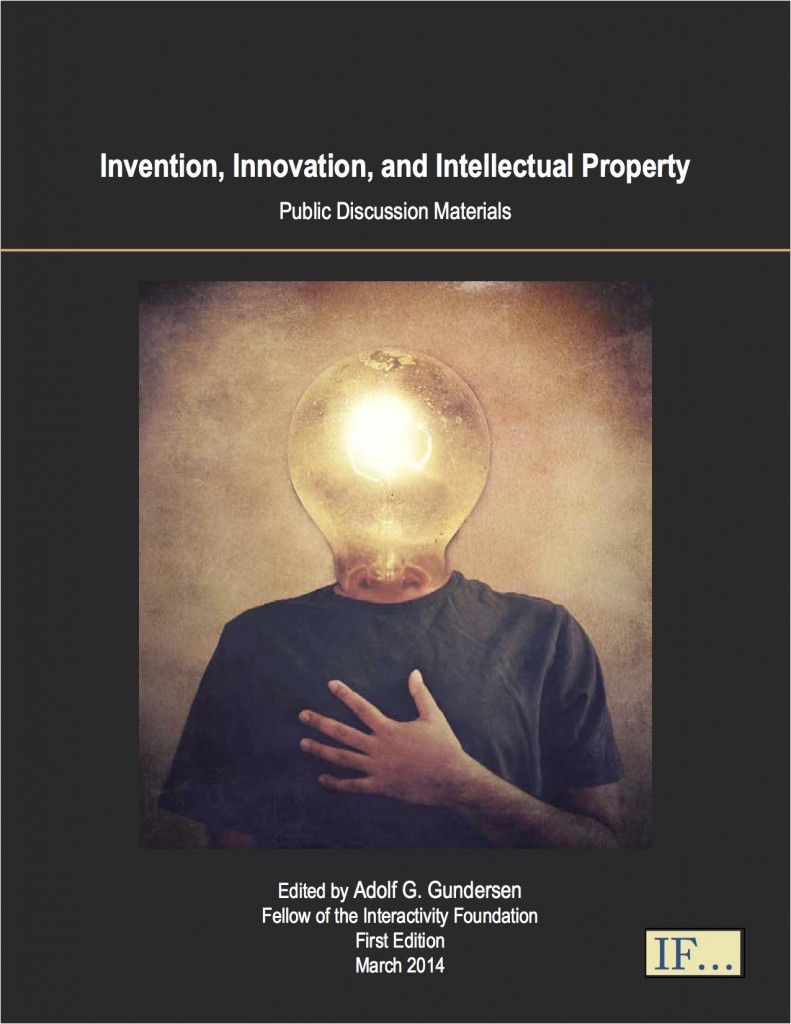Invention, Innovation, and Intellectual Property
Project Manager:
- Adolf Gundersen

What does it mean to invent something? Why is innovation important to us as individuals, to our economy, and our society overall? How should our laws, regulations, and institutions be structured so as to best encourage, support, protect, and otherwise regulate invention and innovation? What should be the public policy framework for new or unique ideas and expressions of intellectual property? For example, should there be, as in the United States, different legal and regulatory frameworks for new inventions (patents) than for original works of authorship (copyright), or for business logos (trademarks), or recipes and manufacturing processes (trade secrets)? And who should own or have rights in or to intellectual property? And what rights might be included in such ownership? And for how long? And are there alternative legal and economic arrangements that might work as well, better, or at least differently? And what should be the overall objectives or goals for our public policies on intellectual property?
These and many similarly thorny questions are raised by this topic and the discussion materials in this guidebook. To help launch your own discussion and exploration of these ideas, the materials in this guidebook include (1) a set of broad opening discussion questions (and possible alternative or contrasting answers), and (2) six different public policy responses or frameworks that respond to some of the issues raised by the opening questions and concerns.
The Six Policy Possibilities Described in this Discussion Guide
A. Mandate Intellectual Property Education
B. To the Victor Go the Spoils
C. Free-For-All
D. Level the IP Playing Field
E. IP of the People, By the People, and For the People
F. IP Cooperatives to Promote the Public Interest









